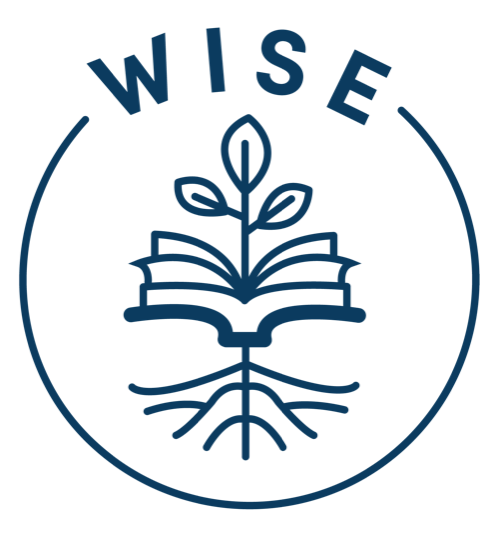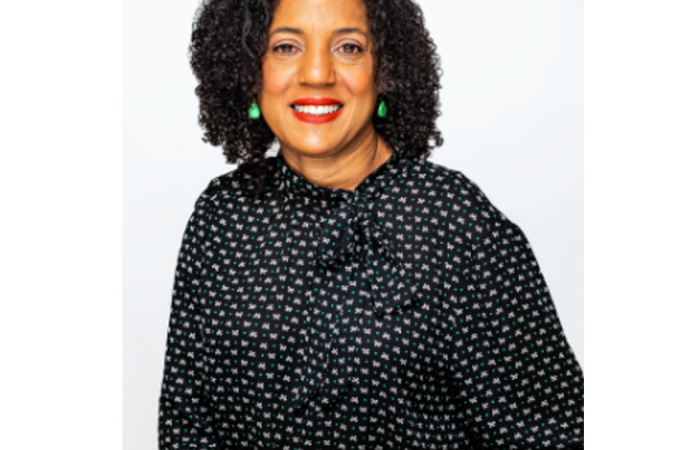After three trailblazing decades of fighting for women and girls’ rights, Viviana reflected that global legal gains and setbacks act like a pendulum, with significant advances followed by fighting rollback. Additionally, Viviana is worried about the rise in what she calls the “anti-rights” groups who are well-organized, well-funded, and act globally to reverse rights for women and LGBTQ people, rescind reproductive health and abortion access, and fight against comprehensive sexual education.
Yet, the momentum for advancing rights is undeniable and the strongest it’s ever been. Viviana said, “There is a collective breaking of the silence of what happens to women and girls, every single day, everywhere in the world and this movement is so strong. I see this next generation of feminists, and I see no turning back; this is the wave of the future.”
After 20 years, Viviana and her team at Women’s Link are continuing to lead the charge on some of the most pressing issues women and girls face: increasing access to reproductive rights and combatting gender-based violence and discrimination in Latin America, Europe, and East Africa. They are not only working to change laws to protect women and girls, but also the social conditions that contribute to global insecurity. This innovative use of the law has changed the lives of countless women over the past two decades.






